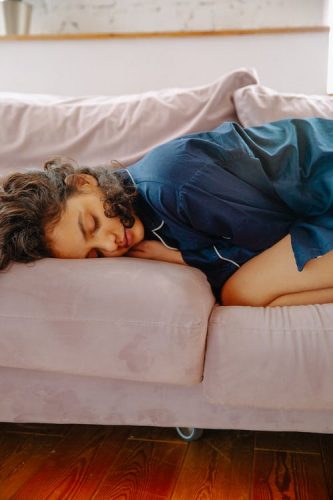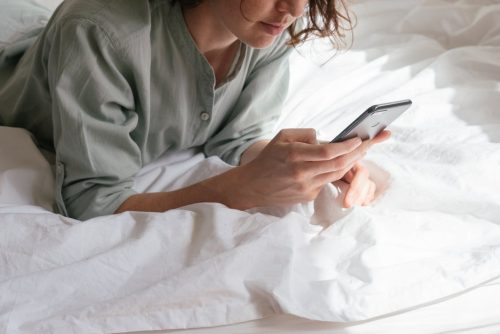We are all under a lot of stress and anxiety because of this pandemic issue. And those mental conditions can manifest in tons of ways depending on each one of us. But for some, anxiety and stress affect the emotional aspect that causes them to experience difficulty in sleep. It shows up sometimes in either having a hard time falling or staying asleep. In some unfortunate instances, some individuals do not even feel tired, which makes them available for a whole day waking hour.

Source: pexels.com
Why Sleep Is Important
Getting enough sleep is essential because it helps in the development of brain function. When there is enough brain energy, it promotes better problem-solving and critical thinking skills. It also impacts an individual’s self-confidence, making them more emotionally, physically, and mentally in control. Sleep also helps promote a better cognitive function where it increases knowledge retention and develops long and short term memory. Sleep is also a better way to reduce stress and inflammation, as it promotes a better boost in the immune system.
How To Get Better Sleep?
Our minds learn to associate with sight, smell, hearing, sense of touch, and vibes. These are reflexive responses that are entirely out of our control. These are the factors that often prevent us from going to sleep. Unfortunately, we can’t control them. But what we can do is train our brain to know when the right time to sleep is. How can we do that?

Source: pexels.com
Creating A Wind Down Routine
To train our brain, it must first recognize a couple of last activities we do before bedtime. These activities associated with sleeping are listening to soothing music, taking a hot shower, drinking a cup of hot tea or chocolate milk, brushing our teeth, reading a book, putting on our pajamas, and turning off the lights. So with that, we must keep a consistent schedule of doing those things whenever possible. Also, it helps the brain recognize sleep when we wake up around the same time every morning. So if in case it is difficult to wake up early each day, we can set up an alarm to help us get through with the process.

Source: pexels.com
Limit Naps During The Day
It is essential to allow our bodies to rest from time to time, and napping is a great way to do that. However, to get a better night’s sleep, we should limit our naps during the day for less than 30 minutes. That way, our body can acknowledge exhaustion at night. Also, we must avoid napping in our bed, making us want to sleep more during the day. It would be much better if we take a nap on the couch, or find a comfortable position on the floor. If possible, we should only take at least one nap during the day. That is enough to help boost our energy. Napping more than that can distract the brain and body from recognizing night time sleep.

Source: pexels.com
Limit The Use Of Devices
Sleep requires silence and dark surroundings to allow a drifting subconscious. To help ourselves get the rest we need, we must put away all the unnecessary devices that prevent us from thinking about sleep. We should cut our screen time before bed and place our smartphones in out-of-reach areas. That is because our brain recognizes the tone of the light emanating from the device as the same as sunlight. Therefore, we should turn our screen brightness down low. If possible, we need to shut off our phones. That way, those devices cannot cause any brain stimulation and cannot generate a biological trigger to the brain’s alerting system.